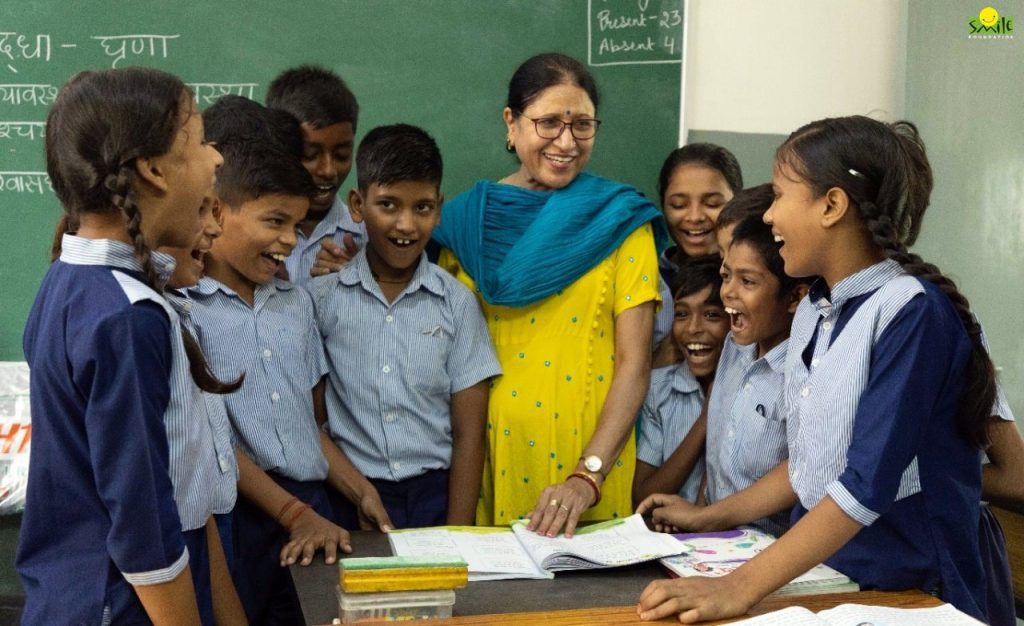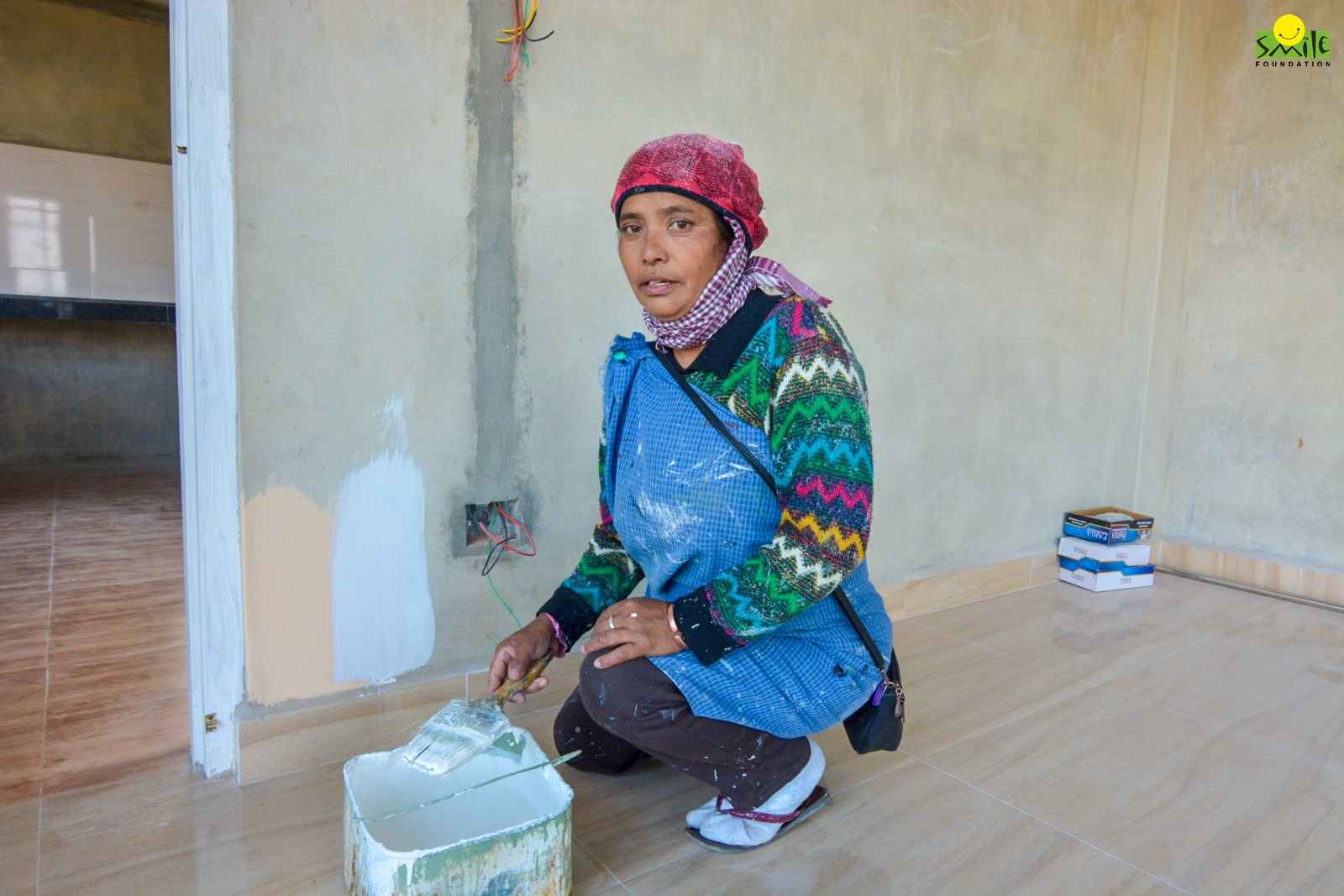Knowing that ‘you don’t know much’ is the mark of a person ready to learn. However, the online (internet, social media) era has ushered in a time where everyone knows something about everything without actually having proper knowledge of most topics.
Information on anything is a click away. Access to a lot of information or easy accessibility to information does not amount to being knowledgeable, it just creates an illusion of knowledge.
The Good and Bad of the Internet
The Internet has done a ton of good for humanity, bringing knowledge, books, and scholarly articles from one part of the world to another. That too without any expense, to your fingertip. It has connected people via social media, made cultural integration easy, travel convenient, and learning effortless. A research paper from Harvard Law School can be accessed by a law student in India maybe for a nominal price.
However, there is a flip side to the internet. The information that is available on the internet and on social media posts or forwards may be false, misleading, and unverified. The fake news has created a menace in society, misleading and inciting people into committing acts of violence and developing feelings of hatred.
Experts say that manipulative actors will use new digital tools to take advantage of humans’ inbred preference for comfort and convenience and their craving for the answers they find in reinforcing echo chambers rather than giving them actual truth, facts, and knowledge.
The Knowledge Illusion: Curse of the Online Era
Let us first understand the terms knowledge and illusion individually.
- In simpler terms, the Oxford Learner’s Dictionary defines knowledge as the information, understanding, and skills that you gain through education or experience.
So having knowledge of something or a subject is more than acquiring information from the internet or on WhatsApp forwards. It’s about a personal experience of the thing that involves study, learning, deliberation, and intuition. For example, everyone driving a car if asked whether they know how a car works, would immediately access the know-how from a simple internet search but that would be superficial. However, we can for sure say that a car mechanic certainly has knowledge about cars.
- Illusion is a gap between perception and reality. According to the Cambridge University dictionary, an illusion is an idea or belief that is not true or something that is not really what it seems to be.
Thus, the illusion of knowledge is a bias in favor of knowing a thing, a subject, or a concept when actually we may not really know it. The illusion of knowledge psychology study, vis-a-vis the effect of the internet has shown that searching the internet for information may make people feel smarter than they actually are.
Studies have proven that people tend to overestimate their knowledge based on the information that they are able to access online. Studies have shown that ready access to external source information is confused with actual personal knowledge.
False Information Channels
The number of graduates from the infamously named WhatsApp University is increasing by the day. The only requirement for admission is a fully functioning smartphone with good data packs. The internet has made us lazy. We can find a one-liner answer to anything immediately on the internet without actually indulging in a little more study.
Giving a two-word answer to every kind of inconsistent weather behavior i.e. global warming without actually knowing what is global warming or what is the actual reason for such an inconsistent weather pattern is the norm nowadays.
Researchers state that the convenience of getting quick and easy answers in an instant, on demand might be making us overconfident in our own abilities. The price of zipping among lots of bits of information is a loss of depth in our thinking.
Stephen Hawking was a renowned physicist, best known for his discovery that black holes emit radiation, once said, “The greatest enemy of knowledge is not ignorance, it is an illusion of knowledge.”
Sincerity in Learning: A Life-long Retention of Knowledge
Internet and social media have made accessibility to a plethora of knowledge just a search away. Students or adults access these in order to get ready and quick answers rather than actually understanding the concept or the phenomenon.
If a student is asked, “How does a car move?” These days they will probably look it up on Google. The first answer is “Specifically, an internal-combustion engine is a heat engine in that it converts energy from the heat of burning gasoline into mechanical work, or torque. That torque is applied to the wheels to make the car move.”
Few more clicks and they will have a working idea of how the car moves, never to go forward into more details such as laws of motion, friction, and force. In a few days, they will forget the same.
The catch is that when our brain knows that it can access something again easily then it tends not to store and retain it. Online studies and exams make cheating easy and the kids, knowing that they don’t have to work hard to get good grades, might avoid doing as much work as possible.
On the other hand, students going to schools will have to work hard and sincerely to earn grades because they have oversight of teachers and parents. In exams, they cannot cheat and they will have to actually read the books, visit libraries and make physical notes. This makes learning more tangible and real. It fosters sincerity.
Learning Thoroughly: The Answer to Breaking The Illusion of Knowledge
Learning through a click is more short-lived than learning by doing and reading. While online learning, if done rightly and sincerely can be helpful as it saves time, connects with peer groups, and gives access to repositories of knowledge from across the world. However, it cannot replace offline learning.
Offline learning enables interaction with fellow students in a real-time environment. Questions and answers will happen instantly with follow-up queries and one-to-one feedback. Teachers will be there to solve your queries instantly in an engaging and sensitive manner with the required amount of human emotions.
It would be more reliable. Save students from all fake news, misinformation, doctored narratives, and propaganda. The student will access books and visit libraries to learn more and have in-depth knowledge. This will also reduce strain on the eyes due to all the screen time.
So the right amount of balance has to be struck between offline and online learning. Less reliance on easy methods and more learning from libraries. After all, actual knowledge is the only way forward for humans, societies, and their growth rather than the illusion of it.
Smile Foundation and The Foundation of Knowledge
With Shiksha Na Ruke, Smile Foundation is trying to bring every child back to school and continue their journey of education. The purpose is to promote and make education more accessible among underserved children in rural and urban India. The emphasis is on imparting the kind of quality education that makes children become truly knowledgeable by finding ways of applying their intellect for purposes and reasons that further the cause of humanity.








